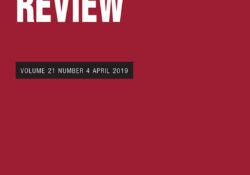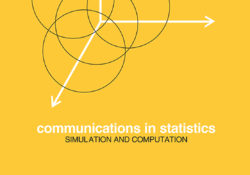tandfonline.com har udgivet en rapport under søgningen „Teacher Education Mathematics‟: ABSTRACT ABSTRACT This article aims at deepening the understanding of how central governments enact meta-governance. Drawing on meta-governance and policy network theory, a heuristic analytical framework of meta-governance strategies was applied on two contrasting Dutch education policy cases. The results show that the use of meta-governance strategies differs according to the degree of formal responsibility of the central government. Creating nodes in a policy network turns out to be a specific strategy, and the effectiveness of different meta-governance strategies is interrelated. Lastly, the lack of involvement of education practice impinge on the adequacy of meta-governance practice. Link til kilde
Like this:
Like Loading...
eric.ed.gov har udgivet: Growing interest in teaching quality and accountability has focused attention on the need for rigorous studies and evaluations of professional development (PD) programs. However, the study of PD has been hampered by a lack of suitable instruments. The authors present data from the Teacher Knowledge Assessment System (TKAS), which was designed to administer Learning Mathematics for Teaching (LMT) measures. TKAS is being widely adopted in the evaluation of PD programs with over 500 separate program administrations and 16,000 teachers representing every major region in the country. The purpose of the current study was to leverage the TKAS dataset to develop a set of empirical benchmarks of effect sizes for designing rigorous studies of teacher professional development programs. The research design consisted of two goals: (1) to investigate… Continue Reading →
Like this:
Like Loading...
tandfonline.com har udgivet en rapport under søgningen „Teacher Education Mathematics‟: ABSTRACT ABSTRACT Two classes of methods properly account for clustering of data: design-based methods and model-based methods. Estimates from both methods have been shown to be approximately equal with large samples. However, both classes are known to produce biased standard error estimates with small samples. This paper compares the bias of standard errors and statistical power of marginal effects for generalized estimating equations (a design-based method) and generalized/linear mixed effects models (model-based methods) with small sample sizes via a simulation study. Provided that the distributional assumptions are met, model-based methods produced the least-biased standard error estimates and greater relative statistical power. Link til kilde
Like this:
Like Loading...

